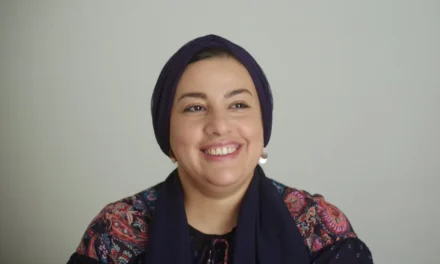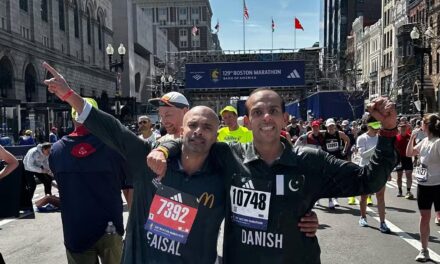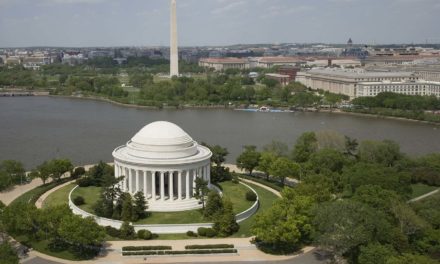WASHINGTON (Reuters) – U.S. Supreme Court justices on Monday appeared reluctant to block religious discrimination claims brought by three Muslim men from California who accused the FBI of illegally conducting surveillance on them following the Sept. 11, 2001, attacks on the United States.
Conservative Justice Neil Gorsuch said there is “a pretty good argument” that the government is using the state secrets privilege as a way to block the lawsuit without giving the allegations a full airing.
Liberal Justice Stephen Breyer said it would be premature to dismiss the claims without the trial judge getting a chance to properly review certain documents related to the case.
“My point is there should be a way to look at the information … and decide what to do,” Breyer said.
A ruling is due by the end of June.
The 2011 lawsuit accused the FBI of infiltrating mainstream mosques in Southern California and targeting Muslim Americans for surveillance because of their religion. It accused the FBI of engaging in religious discrimination https://www.reuters.com/world/us/us-supreme-court-takes-up-fbi-bid-block-muslim-civil-rights-suit-2021-06-07 in violation of the U.S. Constitution’s First Amendment by targeting Muslims, as well as violating the Fourth Amendment prohibition on unreasonable searches and seizures.
The plaintiffs are: Eritrean-born U.S. citizen Yassir Fazaga, an imam at the Orange County Islamic Foundation in Mission Viejo; native-born U.S. citizen Ali Uddin Malik, who attended the Islamic Center of Irvine; and Yasser Abdel Rahim, a U.S. permanent resident from Egypt who also attended the Islamic Center of Irvine. They are represented by the American Civil Liberties Union and others.
The lawsuit focuses upon a 14-month period in 2006 and 2007 when the FBI paid an informant named Craig Monteilh to gather information on Muslims as part of a post-Sept. 11 counterterrorism investigation. Monteilh met with Muslims in southern California, adopted a Muslim name and said he wanted to convert to Islam, according to court papers. Monteilh also recorded conversations and conducted surveillance, according to court papers.
The arrangement unraveled when Monteilh started making statements about wanting to take violent action. Community members reported him to the local police and obtained a restraining order against him, according to court papers.
In a 2012 ruling, a federal judge dismissed the claims against the FBI, determining that they were barred under the state secrets privilege. The judge did permit claims accusing some individual FBI agents of violating the Foreign Intelligence Surveillance Act, known as FISA, which regulates how the government conducts electronic surveillance.
The 9th Circuit ruled that the religious claims should instead be analyzed under a section of the FISA law that lets judges review the legality of surveillance. The 9th Circuit also allowed the unlawful search claims, not at issue before the Supreme Court, to move forward.
The Supreme Court in October heard arguments https://www.reuters.com/legal/government/us-supreme-court-justices-ask-why-guantanamo-detainee-cannot-testify-2021-10-06 in another case involving the state secrets privilege. In that case, the government is seeking to prevent two former CIA contractors from being questioned in a criminal investigation in Poland over their role in interrogating a suspected high-ranking al Qaeda figure who was repeatedly subjected to waterboarding, a form of simulated drowning widely considered to be torture.














